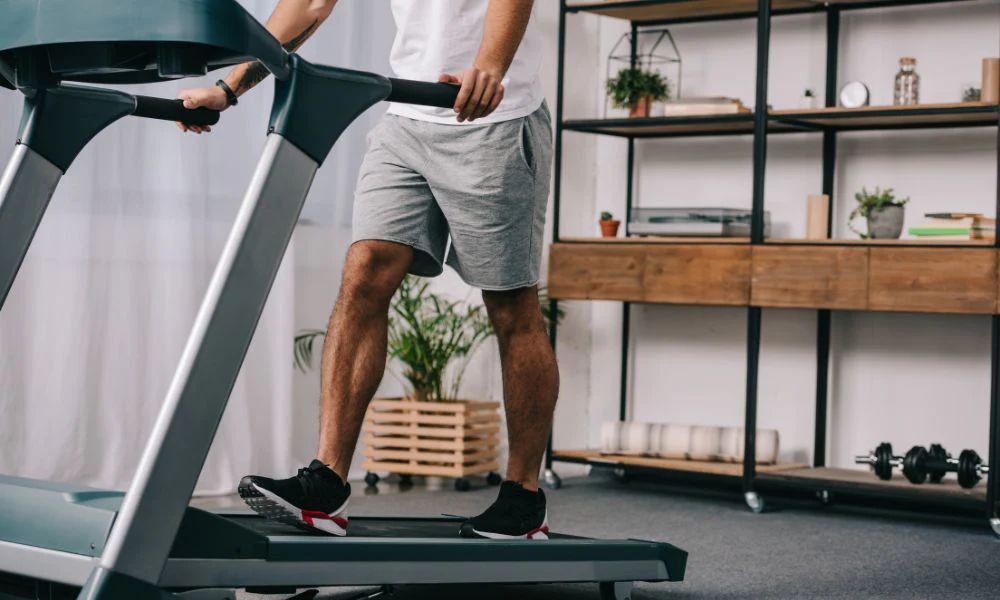American Home Fitness Files for Bankruptcy, Citing Post-Pandemic Market

At-home fitness companies have struggled after COVID, especially those selling equipment. BowFlex notably filed for bankruptcy last month
American Home Fitness has become the latest victim of the post-pandemic at-home fitness slump, with the privately held fitness retail company filing for Chapter 11 bankruptcy in a consolidation effort.
It’s become a familiar scenario for troubled fitness companies, as seen with equipment giant BowFlex, which declared bankruptcy last month.
The Michigan-based American Home Fitness sells well-known equipment brands such as Echelon, Inspire, Precor, Power Plate, StairMaster, Octane and Hyperice online and in its brick-and-mortar retail locations in its home state and Ohio.
The April 2 filing, entered into the U.S. Bankruptcy Court of the Eastern District of Michigan, estimates assets between $1 million and $10 million and estimates liabilities between $100,001 and $500,000. Several creditors were also listed, including Chase Ink Business with an unsecured claim of $57,983.
Charles Bullock, an attorney representing American Home Fitness in the legal process, told Crain’s Detroit Business that the company was a strong performer in the at-home fitness space before the market changed in recent years.
“In fact, during COVID, it had very strong years,” he told the publication. “Post-COVID, there’s been a real decline in at-home exercise. Foot traffic is down significantly at their stores, and they still have leases that they have to pay on.”
“It’s a story that you’re going to see I think a number of times going forward,” Bullock predicted to Crain’s. “These retail operations that were incredibly stable … post-COVID, the paradigm has changed, and they need bankruptcy assistance to restructure.”
At-Home Fitness Giants Struggle
Peloton, much like BowFlex and American Home Fitness, has continued to face challenges in a post-pandemic landscape that has seen consumers return to in-person fitness experiences in larger numbers than many predicted.
Peloton experienced record highs in May 2020 due to pandemic-related fitness purchases and closed out the year at $152/share. Fast forward four years, and the connected fitness company is priced at under $4 a share and is still struggling to return to its glory days despite undergoing a rebrand and putting more focus on its workout content over bike sales.
Like Peloton, BowFlex underwent a splashy makeover last year, dropping its Nautilus name in favor of its most popular equipment brand. However, BowFlex filed for Chapter 11 last month, agreeing to a deal that could see Johnson Health Tech Retail, parent company of Matrix Fitness, acquire it for $37.5 million.
Courtney Rehfeldt has worked in the broadcasting media industry since 2007 and has freelanced since 2012. Her work has been featured in Age of Awareness, Times Beacon Record, The New York Times, and she has an upcoming piece in Slate. She studied yoga & meditation under Beryl Bender Birch at The Hard & The Soft Yoga Institute. She enjoys hiking, being outdoors, and is an avid reader. Courtney has a BA in Media & Communications studies.



